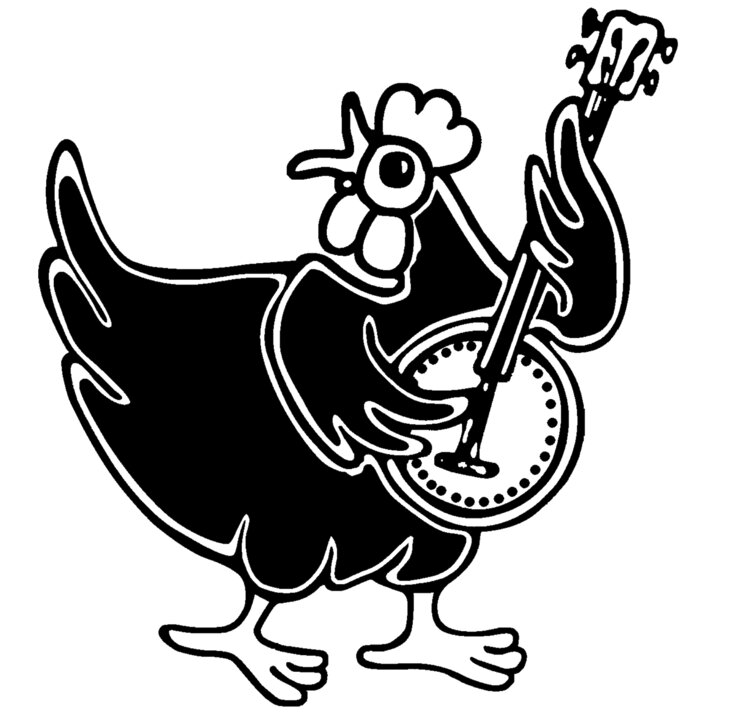In our house, space is a very precious commodity. Instrumental guitar records have to work extremely hard to earn their place on the CD shelves (yes, I do know what Sonos and Spotify are, and no, no thank you). No matter how impressive, super-noodling is not enough if there is no musical heart beating beneath. Thankfully, the latest release from celebrated Canadian guitarist Steve Dawson has that beating heart and yes, he has the hands to match.
Originally from Vancouver but now a resident of Nashville, Steve Dawson may be a more familiar name to you as a session guitarist and producer. Over the past decade he has accrued an embarrassingly huge array of musical accolades (including a whopping seven Juno awards), working with the likes of Kelly Joe Phelps and John Hammond, so it’s little wonder that Lucky Hand has southern, blues-soaked Americana at its core. Close your eyes and you’ll see a bunch o’ folks playing this music on the front porch of a sturdy oak-framed house somewhere in the dustbowl. Probably.
With Dawson mixing up fingerstyle and slide techniques, both W.G. Snuffy Walden and Leo Kottke spring to mind. There’s a balance of precision and energy in the playing that every acoustic guitar instrumental record needs but what really sets Lucky Hand apart from the crowd are the inspired string arrangements peppered throughout, courtesy of Dawson’s long-time collaborator Jesse Zubot. It is so much more than just long-bowed sweetness; there is real invention in the agile interplay between the guitar and quartet, with the playful opening track ‘The Circuit Rider of Pigeon Forge’ recalling the legendary Penguin Café Orchestra. Equally quirky is ‘Old Hickory Breakdown’ which has the quartet and guitar trading licks and on ‘Bone Cave’ we’re presented with a mashup like no other: it’s Contemporary-Classical-Cajun.
Other textures on the record come in the form of John Reischman’s mandolin on the particularly sweet ‘Little Harpeth’ and some beautiful harmonica work from Charlie McCoy duelling with Dawson’s resonator guitar on ‘Bentonia Blues’. There are also splashes of ukulele, twelve-string and - for album closer ‘Bugscuffle’ - the Weissenborn lap guitar gets an airing too, naturally.
The intimate, chamber (as opposed to lush, sweeping) sound of the record helps the aforementioned front porch vibe and I wasn’t surprised to find that the album was recorded live with up to twelve mics in the room, which alone is a serious testament to Dawson’s considerable skills as a guitarist. For me though, the depth and bravery of Jesse Zubot’s arrangements constitute the record’s special ingredients. They help to elevate Lucky Hand high above the vast majority of instrumental fingerfests and will keep me coming back for future listens. Now then, I just need to make a centimetre or two of space here…
